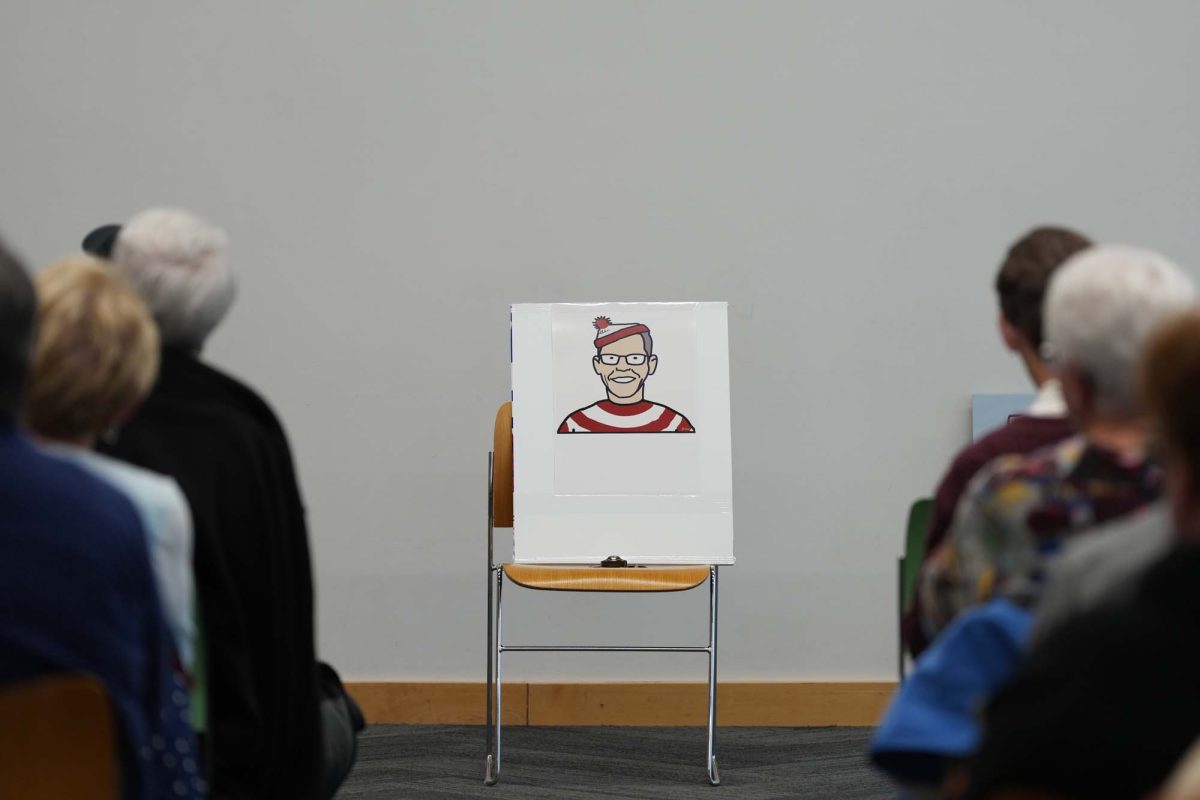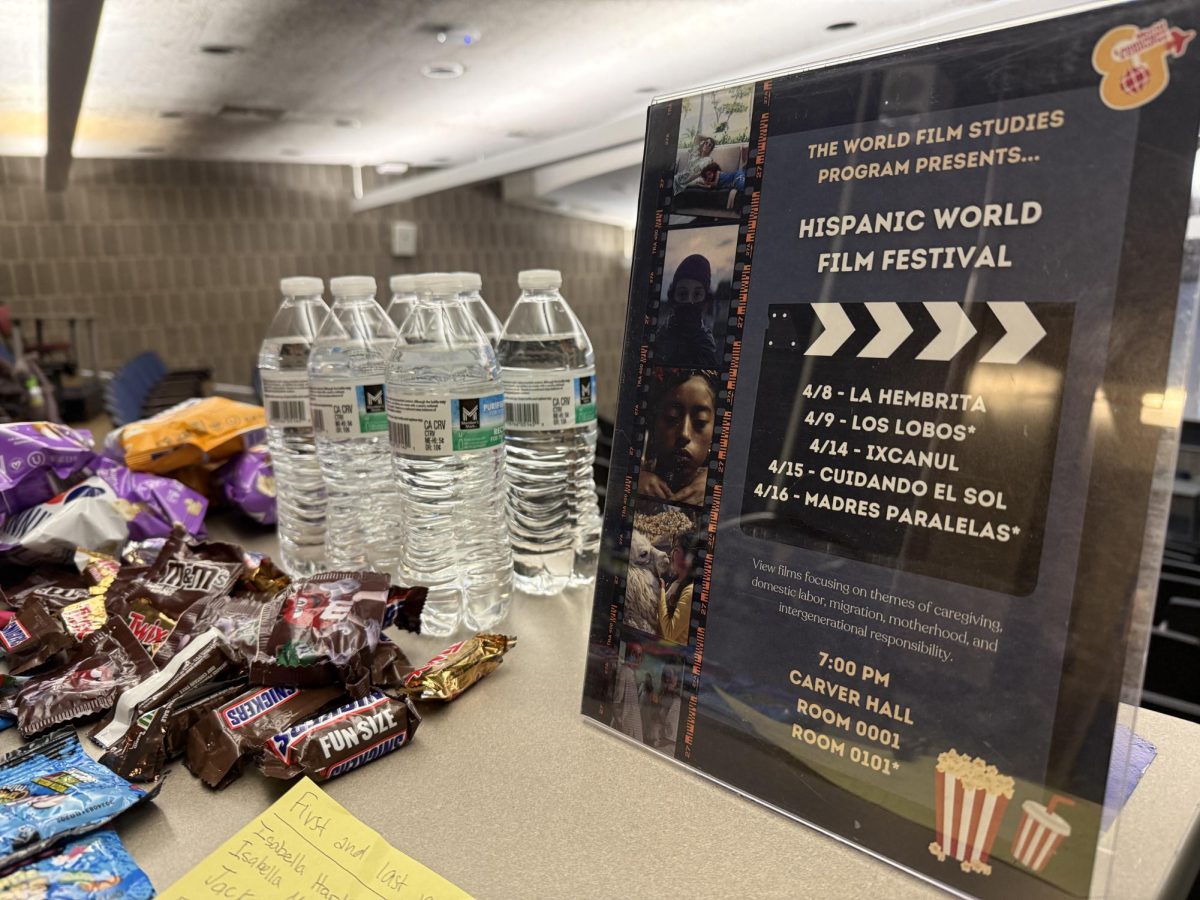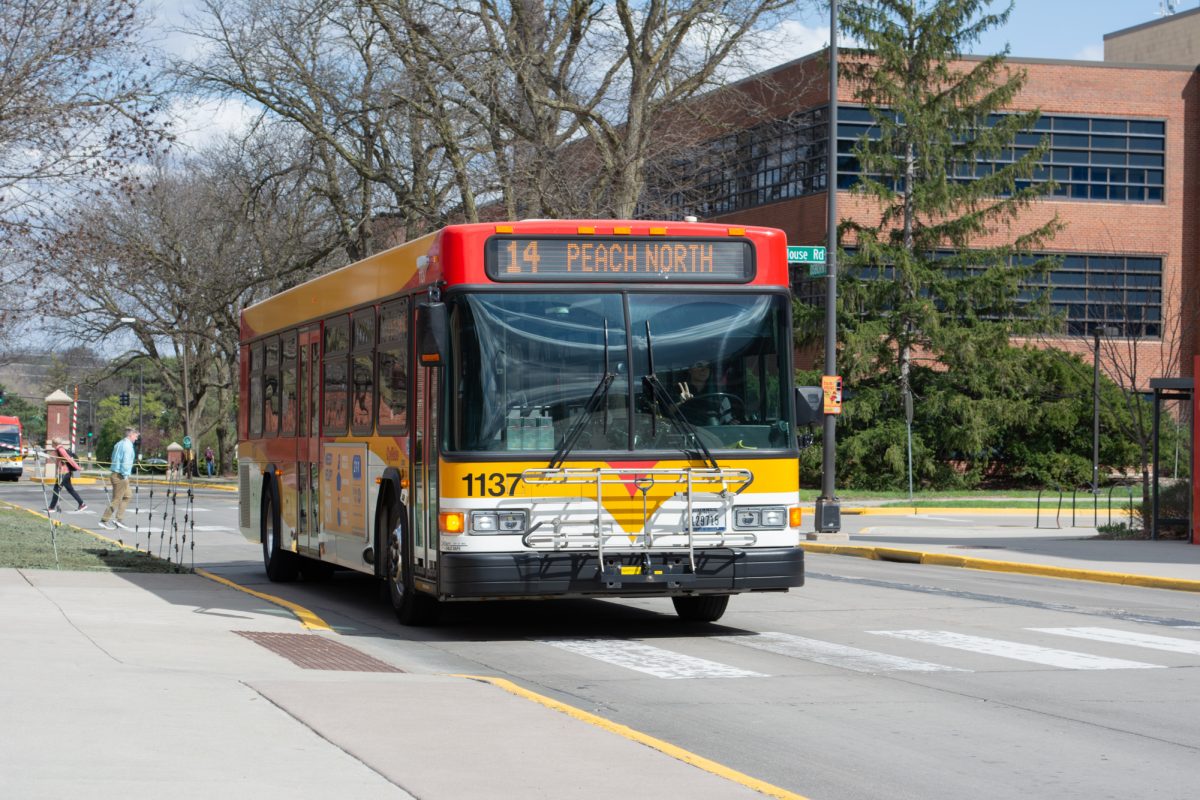Editorial: Wind energy Ph.D. too much specialization
September 26, 2012
Wind energy is an important resource for Iowa, and to further develop it, the Faculty Senate approved a new degree program in wind energy science, engineering and policy last week. The program will be interdisciplinary, involving departments as diverse as engineering, agronomy, sociology, statistics and journalism.
According to the request sent to the Board of Regents to implement the program, it will “prepare graduates for wind energy related careers in industry, academia and government institutions.” Vocationalism, then, has become a significant factor in how faculty and administrators see their roles at our land-grant school.
This new program in wind energy will be a Ph.D.
To an extent, specialization in education is necessary. Sadly, there are not enough hours in the day to let us begin learning everything. Even if we do concentrate on one discipline, the probability is high that we will never learn all there is to know about it. Although the best experts may be intimately familiar with the literature on their subject, they will probably never satisfy the childhood ambition to know everything. This variety of specialization, however, is too much.
We understand that graduate students are supposed to specialize in their studies substantially more than undergraduates are. But if every dissertation became a degree program, where would we be?
The beauty of broad education, even on a graduate level, is that no matter what his or her major area of research, the student will know something about the rest of his discipline. The materials engineering Ph.D. who found a new way to make ceramics will still know the principles of engineering. If the market collapses, he is not left high and dry. His education was versatile enough that he does not have to return to school before he can find a job.
Instead, this Ph.D. in wind energy examines problems solely in a wind energy light.
Jonathan Wickert, senior vice president and provost, said: “We want to equip students with the skills necessary to solve problems related to wind energy generation and transmission, and well as address the engineering, science and policy issues in the future.”
If a degree-granting institution — in our case, Iowa State — has done its job right, students from undergraduate and graduate programs alike will leave here equipped with an understanding of how the science of their field relates to the wider world. They will not need a new, interdisciplinary, specialized program to explain what are the economic, sociological, ethical implications of their research.
This is the beauty of a true liberal and practical education, as proposed by the land-grant ideal.






